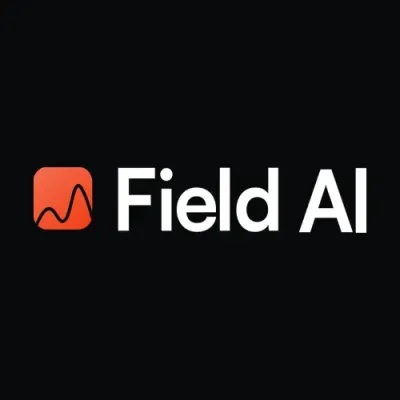Field AI is transforming how robots interact with the real world by building risk-aware, reliable, and field-ready AI systems that address complex challenges in robotics, unlocking the full potential of embodied intelligence.
Requirements
- Proficiency in robot learning methods (reinforcement learning, imitation learning, representation learning).
- Experience with PyTorch and modern ML training frameworks.
- Hands-on experience with real robots (mobile platforms, manipulators, or other embodiments).
- Strong foundation in large-scale distributed training and optimization.
- Publications in top-tier conferences/journals (CoRL, ICRA, IROS, NeurIPS, ICML, CVPR, etc.).
- Experience deploying VLMs/LLMs in robotics pipelines.
- Familiarity with modern robot middleware (ROS2, Isaac, etc.).
Responsibilities
- Develop Robot Skill Learning Methods
- Design and train algorithms that enable robots to acquire generalizable skills across diverse embodiments.
- Integrate reinforcement learning, imitation learning, and foundation models into real robot pipelines.
- Advance Robotics Foundation Models
- Leverage and adapt VLMs and LLMs to robotics tasks, including perception, reasoning, and action planning.
- Explore large-scale pretraining and fine-tuning approaches tailored to embodied intelligence.
- Build and optimize large-scale distributed training pipelines using PyTorch and modern ML infrastructure.
Other
- Strong research background (PhD, MS, or equivalent industry research experience) in Robotics, AI/ML, or related fields.
- Ability to translate research into practical, field-deployable systems.
- Excellent problem-solving skills and ability to thrive in fast-paced, interdisciplinary teams.
- Background in 3D vision, mapping, or traversability analysis.
- Strong software engineering practices (CI/CD, testing, scalable infrastructure).
